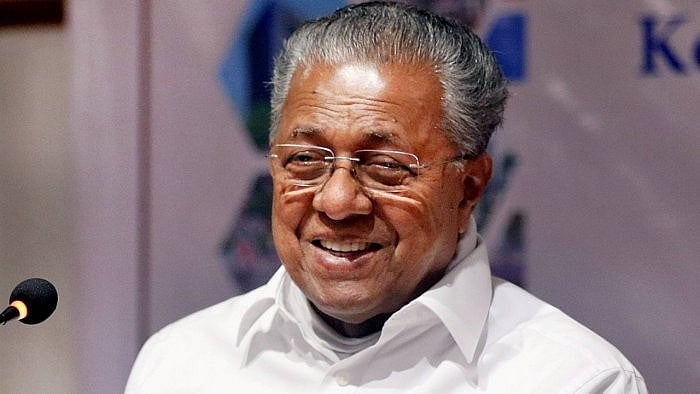
Kerala CM Pinarayi Vijayan
Credit: PTI File Photo
This November 1, Kerala won’t just mark its birth — it will mark a bold milestone.
On its formation day, Chief Minister Pinarayi Vijayan will declare Kerala the first Indian state to eliminate extreme poverty, capping a mission that reached over 64,000 families.
This follows a targeted campaign that reached over 1 lakh people with food, shelter, healthcare and income.
Speaking to DH, Kerala’s Minister for Local Self-Government, MB Rajesh, said that this is the first time in India that micro-plans were prepared to support every family in the extreme poverty category.
“We began by identifying all families living in extreme poverty. Kudumbashree and the Local Self-Government (LSG) bodies conducted the survey, and we found 64,006 such families. Then we studied what made them extremely poor and created specific micro-plans to address causes.”
The mission began soon after the CPM-led Left Democratic Front (LDF) government returned to power in 2021. The Cabinet resolved to eradicate extreme poverty, which is defined as severe deprivation in four key areas: nutritious food, safe housing, basic income and health.
Using these indices, the government identified families who had slipped through the state’s extensive welfare net — those without income, housing or access to healthcare. Kudumbashree, ASHA workers, NGOs, community volunteers and government departments, all coordinated by LSG bodies, took part in the mammoth exercise.
Through multiple rounds of community participation, the initial list of 1,18,309 families was refined to 87,158 households. Ultimately, 64,006 families, comprising 1,03,099 individuals, were prioritised for targeted intervention.
According to data from the LSG Department, 21,263 families received essential documents such as ration cards and Aadhaar; 29,427 were provided with medical care; three daily meals were ensured for 20,648 individuals through community kitchens; and nearly 4,000 families were allotted housing. Additionally, 5,651 families were given up to Rs 2 lakh each to renovate houses.
Decades of reform
Economist and former finance minister TM Thomas Isaac sees the achievement as the culmination of Kerala’s long history of social reform.
“Eradicating poverty is not a one-time programme,” Isaac said. “In 1973, 60 per cent of Kerala’s population lived in poverty. Land reforms in 1971, rising wages for agricultural, unorganised workers, and the decentralisation drive of 1996 brought about structural changes. By 2011–12, poverty had fallen to 11 per cent, and in 2023, it stood at just 0.5 per cent. This multidimensional process made it possible to target the remaining poor households directly,” he told DH.